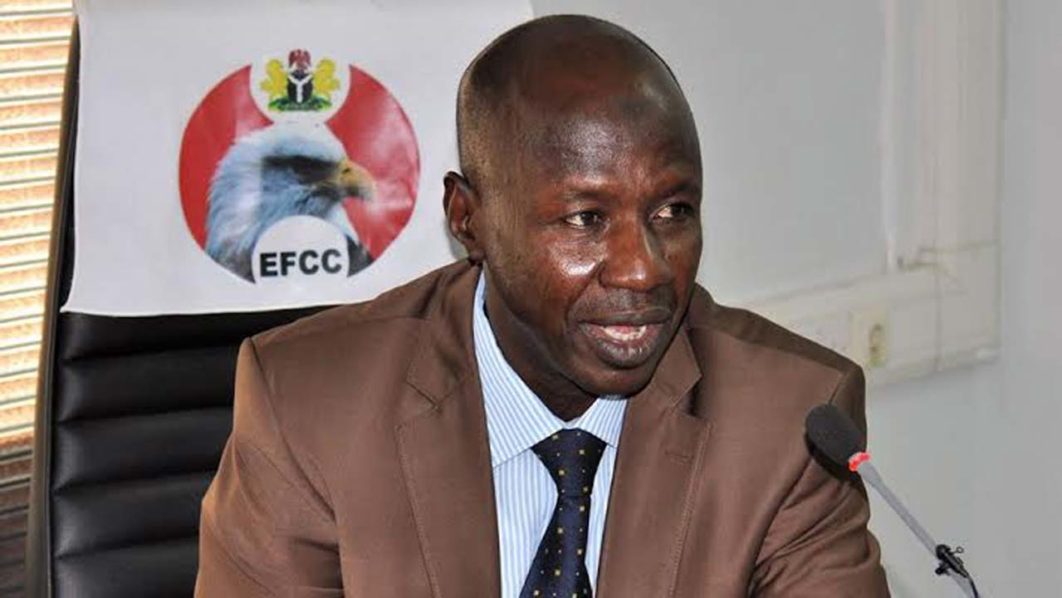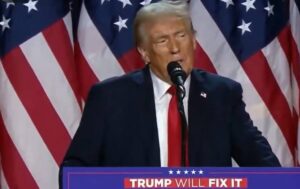
The acting Chairman of the Economic and Financial Crimes Commission, EFCC, Ibrahim Magu, has charged Nigerian youths to follow their dream through to success and always stay away from criminal acts in order not to fall into the raging hand of the law.
Magu gave the charge at the Obafemi Awolowo University, Ile Ife on Friday, November 8, 2019, while delivering the keynote address at the 2019 Symposium of the National Association of Philosophy Students (NAPS), OAU branch.
The EFCC boss, who was represented by the Zonal Head of the Commission’s Ibadan office, Friday Ebelo, admonished the students to take their studies seriously and always look inwards to discover and nature their talents to maturity. He added that with diligence and persistence success was sure for them.
He cautioned them against joining the band wagon of the quest to ‘blow’ – the modern slang that depicts desperation for quick wealth, insisting that such mental state could push them into committing crimes which may in turn cut short their dreams.
“At the individual level, every youth must shun all temptation to be corrupt or be corrupted by any means.
They must realise that the only way to success is hard work. The fast way only leads to destruction. GROW, don’t BLOW! An attempt to sacrifice steady growth on the alter of a ‘blowing success’ is an invitation to self-destruct,” he noted.
While lamenting the disturbing trend in the involvement of the Nigerian youth in internet-related crimes, Magu challenged them to re-direct their energy into positive activities that will benefit them and the Nigerian nation.
He said the EFCC is doing its best to ensure that the exceptional talents of the Nigerian youths are properly harnessed and put into appropriate use in nation.
The EFCC team was earlier welcomed to the institution by the Vice Chancellor of the university, Prof. Eyitope Ogunbodede.
The professor of medicine lauded the efforts of the anti-graft agency in ridding the Nigerian society of economic and financial crimes.
He hinted that the university would at a latter date organise the students in a larger scale to provide an avenue through which the Commission would better and more effectively deliver its anti-corruption message to members of the OAU community.




